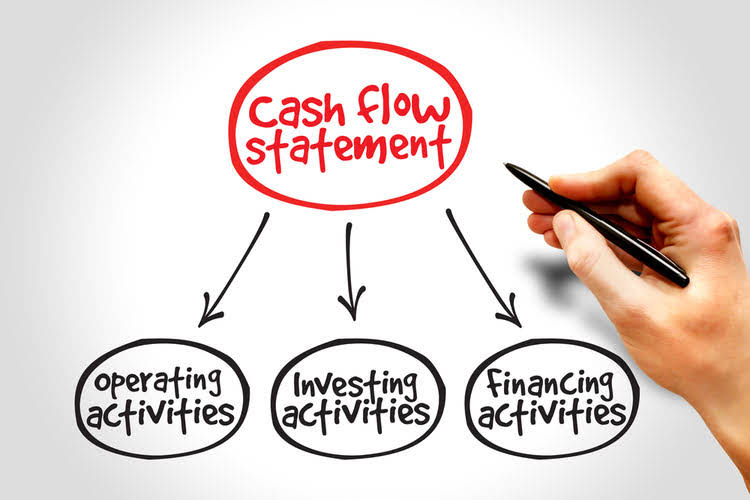
Shares outstanding and treasury shares together amount to the number of issued shares. A stock split occurs when a company increases the number of its outstanding shares without changing its overall market cap or value. If the float is high to the number of outstanding shares, it means a large number of shares are unrestricted and available for trading.
- Conversely, a sudden increase may raise concerns about dilution, which is a critical consideration for broker dealers when analyzing potential investments.
- Issued shares represent the total number of shares a company has distributed to shareholders since its inception.
- Since these figures are calculated by dividing a company’s profits or dividends by its outstanding shares, a higher or lower number of shares can significantly affect an investor’s return.
- The weighted average of outstanding shares is a method employed to calculate the average number of shares outstanding within a certain period.
- The number of outstanding shares affects several key financial metrics and ratios, including earnings per share (EPS) and price-to-earnings (P/E) ratio.
- The buyback increases the market value of the existing shares in the open market.
Impact on Market Capitalization
The primary difference lies in treasury shares, which are not considered outstanding as they are not actively circulating in the market. While issued shares account total number of shares outstanding for every share created, outstanding shares focus only on those available to public and private investors. This distinction is crucial for calculating financial metrics and understanding corporate actions like dividends and share buybacks, which influence the overall value and issuing strategy. The number of shares is a critical element in understanding a company’s financial structure, ownership distribution, and investor rights.
How Does the Number of Shares Outstanding Affect a Company’s Financials?

The number of shares outstanding can (and usually does) fluctuate over time. The number of shares outstanding increases if a company sells more shares to the public, splits its stock, or employees redeem stock options. The number of shares outstanding decreases if the company buys back shares or a reverse stock split is completed. Companies typically issue shares when they raise capital through equity financing or when they exercise employee stock options (ESOs) or other financial instruments. Outstanding shares decrease if the company buys back its Bookkeeping for Etsy Sellers shares under a share repurchase program.

How do outstanding shares affect a startup’s finances & stock performance?

This is because short sellers, when choosing to cover, can only buy the shares actually in the float. And so in theory normal balance (and often in practice), highly-shorted stocks with a low float present ripe conditions for a so-called “short squeeze”. In certain cases, notably for companies that are aggressively issuing shares or debt, public data should be augmented with a reading of SEC filings. But for mature companies with relatively little movement in share count (either basic or diluted), quarterly and annual data from public sources should easily suffice for solid fundamental analysis.

The number of outstanding shares affects several key financial metrics and ratios, including earnings per share (EPS) and price-to-earnings (P/E) ratio. In addition, the notes accompanying financial statements often detail shares issued and treasury shares, helping you calculate outstanding shares precisely. Earnings reports might also highlight changes in the number of outstanding shares, especially if related to recent corporate actions like buybacks or stock splits. Many companies offer stock options and warrants in addition to the stocks they issue to investors and executives. These are instruments that give the holder a right to purchase more stock from the company’s treasury.
- These platforms offer user-friendly interfaces for quick access to financial metrics and improved site navigation, allowing users to efficiently find what they need.
- Several tools and resources can enhance the accuracy of your shares outstanding calculations, ensuring comprehensive and precise financial analysis.
- And if these instruments are in the money, they represent current ownership of the company, even if technically the shares underlying the options, warrants or debt haven’t yet been issued.
- An increase in the number of outstanding shares, often due to stock issuances, option exercises, or convertible bonds, can lead to a higher market cap if the share price remains stable.
- Authorized shares are also referred to as authorized stock or authorized capital stock.
